Talking Cents
|
December November October September August July June May April March February January |
The Impact of Cash Flow on Your Small Business Loan ApplicationThere can be many reasons for your small business to apply for a loan. You may want to grow your business or increase your inventory for the holiday season, or you may be a manufacturing company that has to pay their workers and suppliers earlier than you can receive payments from your distributors. Whichever is the case, consider the impact of your cash flow on your business loan application. A cash flow is the incoming of payments from customers and the outgoing of cash to suppliers and staff, etc. Any lender who assesses your credibility as a borrower will analyse your income statement, balance sheet and cash flow. You may be way ahead in your profit margin, but poor cash flow can impact your loan application negatively. Therefore, you must know how to manage your income vs your outgoing expenses to qualify for a good business loan. Consider planning and monitoring your cash flow, assessing your inventory, realising areas where cost reduction is needed, and reviewing your credit assessment to customers if you provide any. Here are some tips that can help you with your cash flow. Plan and Monitor Your Cash flow You must plan and monitor the incoming cash and the outgoing expenses with the help of your accountant. A good exercise can be to make a cash flow forecast to analyse the expected cash flow and work from there. You will then get a clear picture of which expenses are awaiting and if there is an expected dip in sales in upcoming months. It would be best if you planned for quiet quarters specifically to avoid financial shocks. This will also ensure you are a good candidate for a small business loan. Assessing your inventory A good stock should be sufficient for fulfilling a good sales month/week but not excessive to hold up your cash. Therefore, calculate the minimum amount of stock you need regularly and assess how much buffer you need. Remember, the most efficient businesses are the ones that do not have excessive supply. That is frozen money, which you cannot encash. Cost Reduction and Budgeting Even though reducing costs and budgeting well seems obvious, many businesses need to do this better. It would help if you had an accountant specialising in small business accounting to help you budget your finances better. Employ the correct number of staff that add value to your business. Also, you should pay your bills on time but not too soon. This is to maintain a healthy cash flow and make you a reliable borrower for a loan. Credit offering to Customers Offering credit to customers is a great way to increase your sales. But you have to be careful and perform a proper risk analysis with the help of your small business accountant in Sydney. You have to gauge the increase in sales, the number of defaulters, and how your contract or “terms and conditions for payment” are helping you in such scenarios. Consider M.A.S partners for your small business accounting needs. If you want your business revenue to improve, your tax handled, and your business goals catered to, contact us for small business accounting needs from our highly proficient accountants. For more information about our small business accounting services, click here. |




